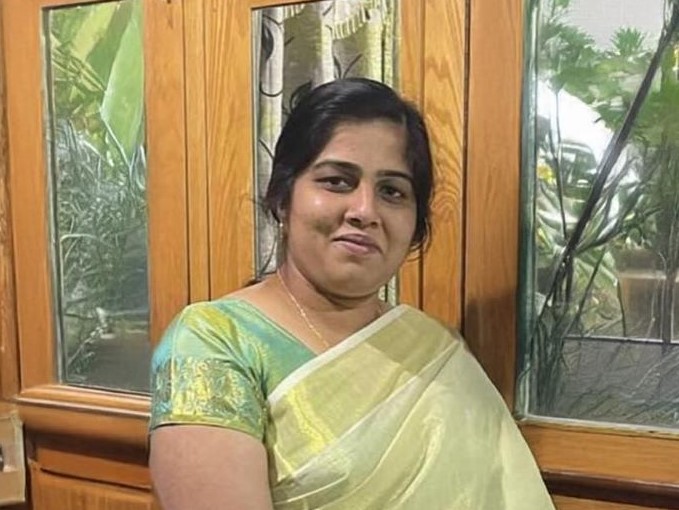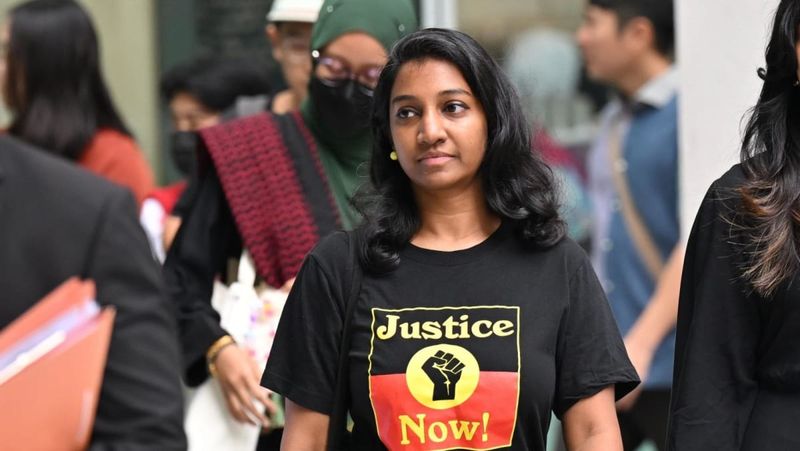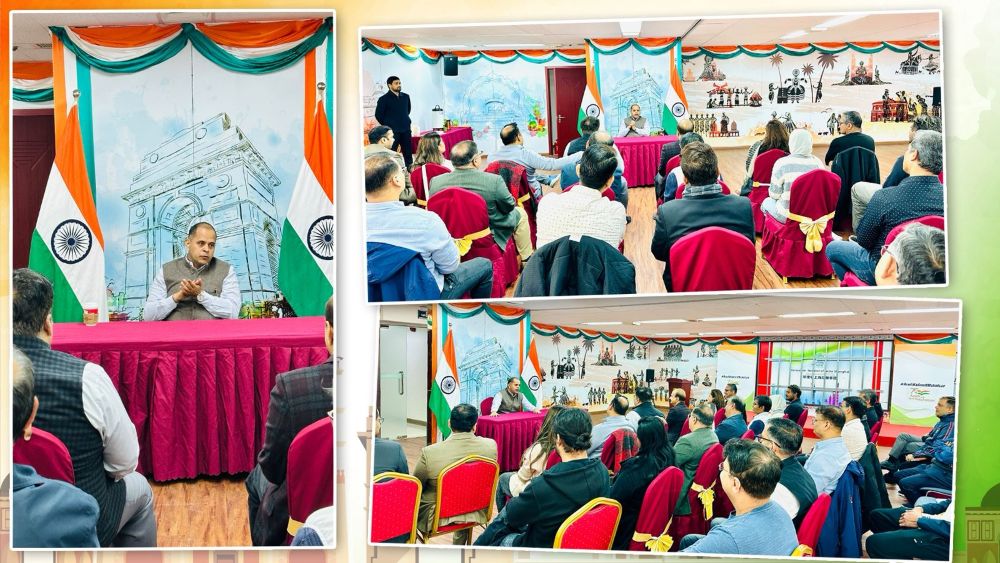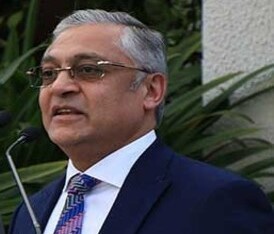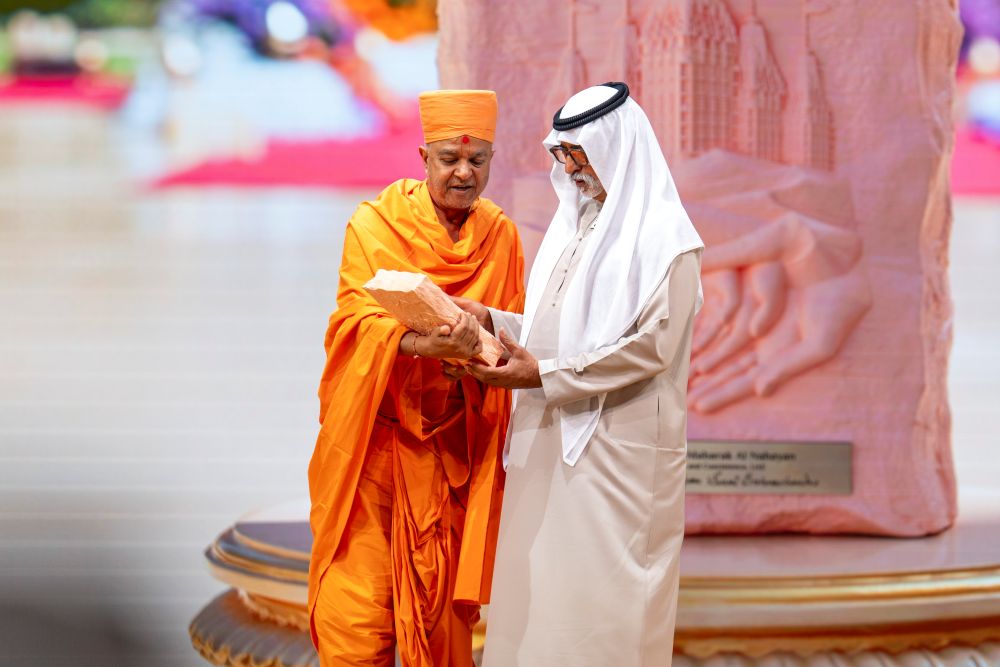Our Bureau
New Delhi
In a move to strengthen their strategic partnership, the governments of the United Kingdom and India have launched a new ‘Technology Security Initiative’ (TSI) to collaborate on critical and emerging technologies across various sectors. The initiative aims to elevate the India-UK relationship to the next level by focusing on areas such as telecommunications, critical minerals, semiconductors, artificial intelligence, quantum computing, biotechnology, and advanced materials.
The TSI will be coordinated by the National Security Advisors (NSAs) of both countries through existing and new dialogues. The NSAs will set priority areas and identify interdependencies for cooperation on critical and emerging technologies, helping build meaningful partnerships in technology value chains.
One key aspect of the initiative is the establishment of a bilateral mechanism, led by India’s Ministry of External Affairs and the UK government, to promote trade in critical and emerging technologies and resolve relevant licensing or regulatory issues. This collaboration will span across government entities, technology and research centers, industry players, and academic institutions.
In the field of telecommunications, India and the UK will build an enhanced ‘Future Telecoms Partnership’ that will focus on joint research, including on open radio access network (open RAN) systems, testbed linkups, telecoms security, spectrum innovation, software and systems architecture. The partnership will involve key institutions like the UK’s SONIC Labs and India’s Centre for Development of Telematics (C-DOT) to bolster network security and performance.
The initiative also aims to expand collaboration on critical minerals, enhancing supply chain resilience and exploring joint research and development opportunities. In the semiconductor sector, the two sides will work towards a broad partnership that leverages their individual strengths and explore mutually beneficial skills exchanges and hardware security.
In the realm of artificial intelligence, India and the UK will work towards ‘safe, responsible, human-centric and trustworthy AI’ that can promote global good and strengthen interoperability between their AI governance frameworks. Key initiatives include co-hosting a conference on addressing AI bias and creating a platform to co-develop and test innovative solutions for finding and mitigating bias in AI models.
The TSI also covers areas such as quantum computing, where the two sides will establish a high-level dialogue to gain in-depth understanding of their respective national quantum strategies and explore collaboration opportunities. In biotechnology and health-tech, the partnership will focus on knowledge sharing on genomics, precision medicine, biotherapeutics, and bio-manufacturing, as well as the impact of AI on these areas and standards within biotechnology and informatics.

















